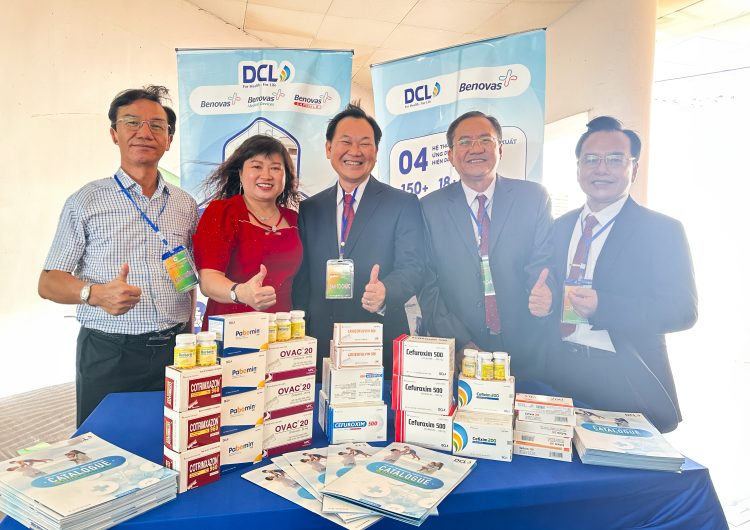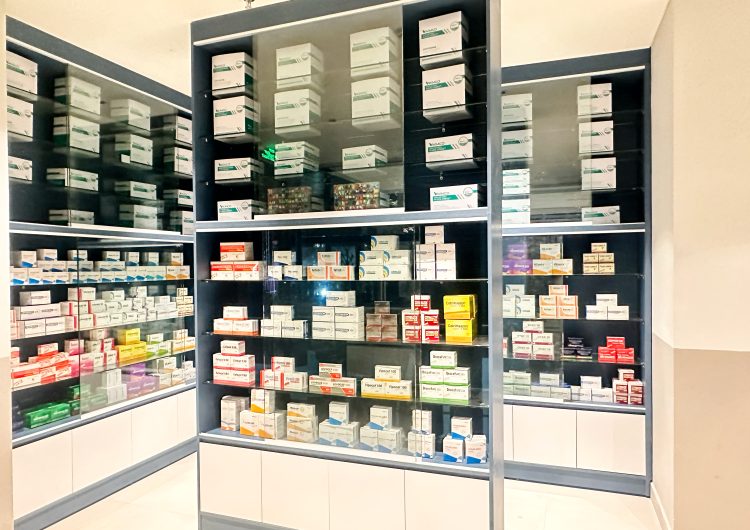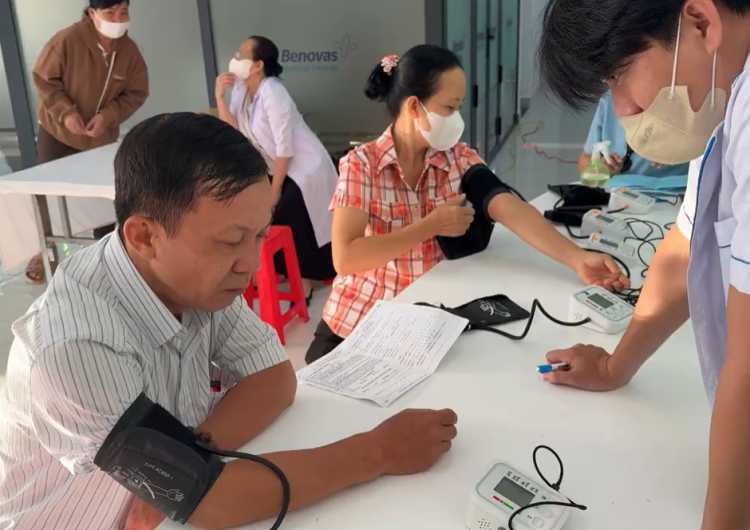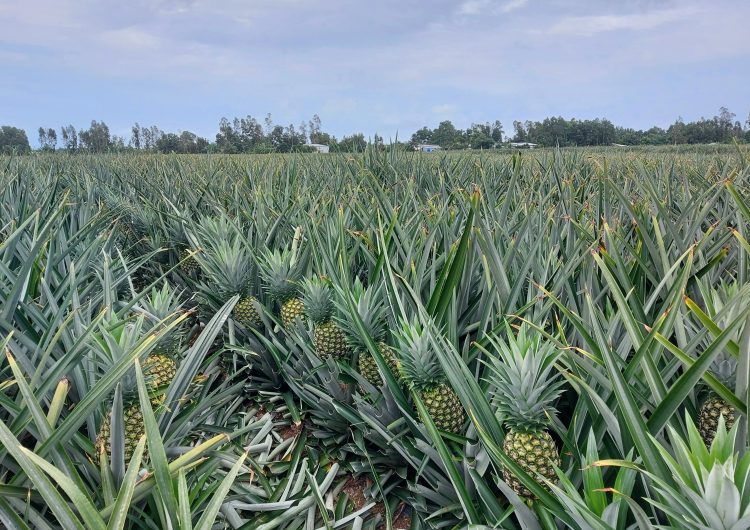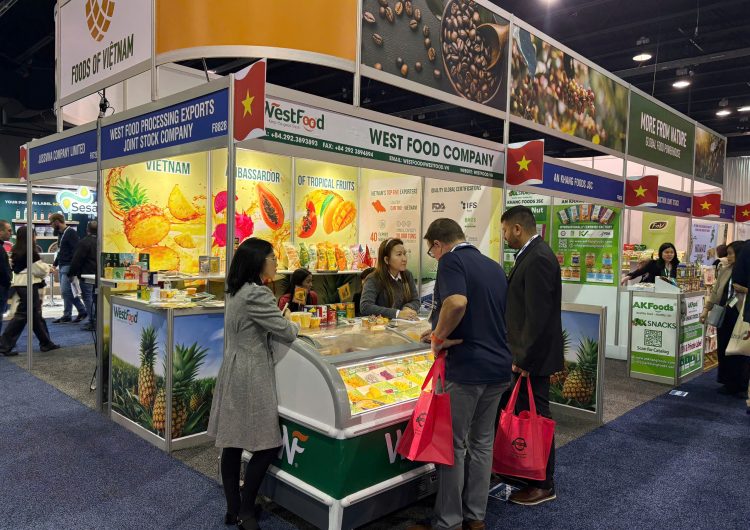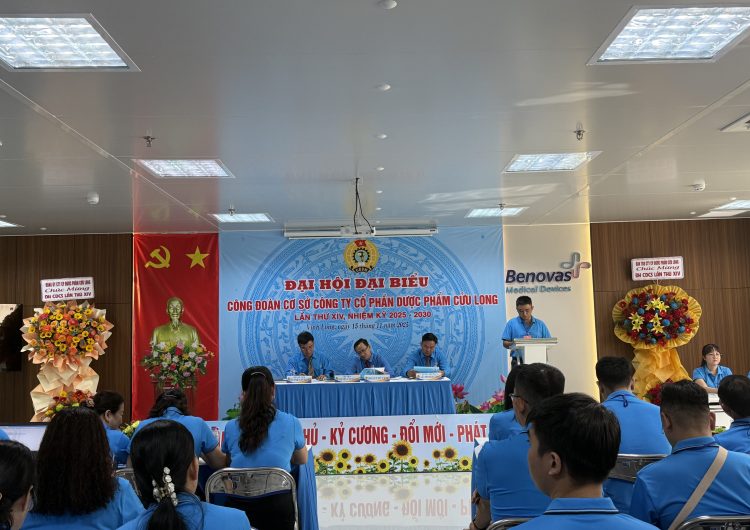The newly inaugurated WestFood Hau Giang Agricultural Processing Plant, with an investment of over VND 666 billion, marks not only a major milestone for the company but also opens up new opportunities for the newly expanded Can Tho City to become a modern agricultural processing hub, helping Vietnamese agricultural brands reach global markets.
Located in the fertile Hau Giang area, now part of the newly merged Can Tho City, the WestFood Hau Giang Agro-Food Processing Plant was inaugurated on the occasion of the 80th National Day anniversary. Covering 7 hectares with a designed capacity of 30,000 tons of finished products per year, this is one of the largest agricultural processing facilities in the Mekong Delta.
Built to European standards, the plant integrates state-of-the-art technologies such as the European Individual Quick Freezing (IQF) system, an automated three-tier conveyor network, automatic fruit peeling and slicing machines, automated canned and cup fruit production lines, and cold and chilled storage systems with a capacity of 3,000 tons. In just two years, from an empty plot of land, WestFood has created a modern and impressive facility—symbolizing determination and ambition for growth.
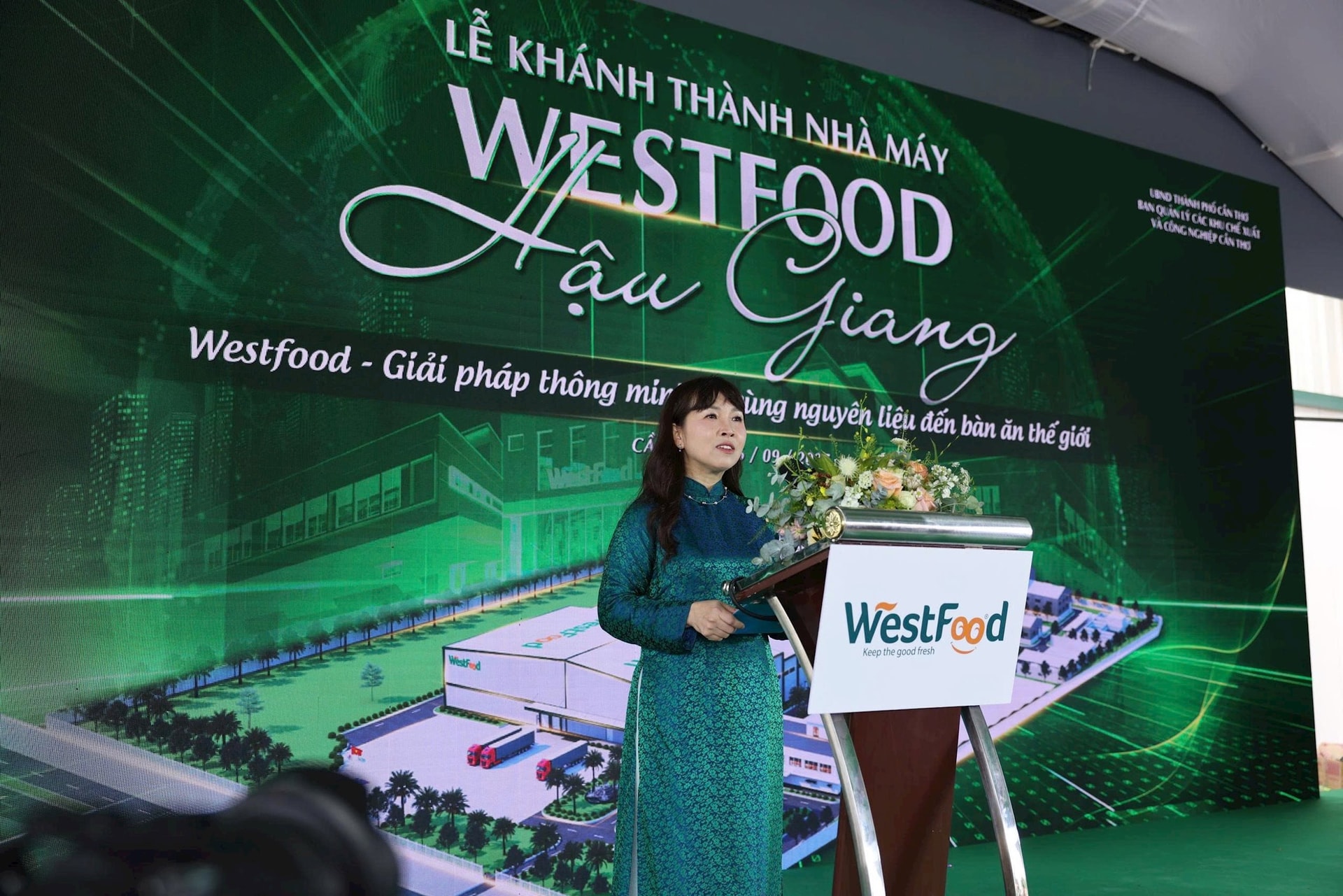
As a representative of Vietnam’s pioneering private enterprises, WestFood has spent over 20 years building its brand and obtaining international certifications such as FDA, IFS, BRC, HALAL, FSSC, and FSMA. Its diverse product portfolio—ranging from canned, frozen, and semi-dried fruits to juices and fresh produce—has reached markets in Europe, the United States, Chile, Australia, New Zealand, Japan, South Korea, and China. The inauguration of the WestFood Hau Giang plant marks a new chapter for the company while contributing to a more dynamic and prosperous Can Tho.
Equipped with modern, high-performance machinery, the new plant ensures both productivity and product quality. WestFood also emphasizes research and development, aiming to introduce new, innovative products—some to be launched for the first time—proudly 100% made by WestFood.
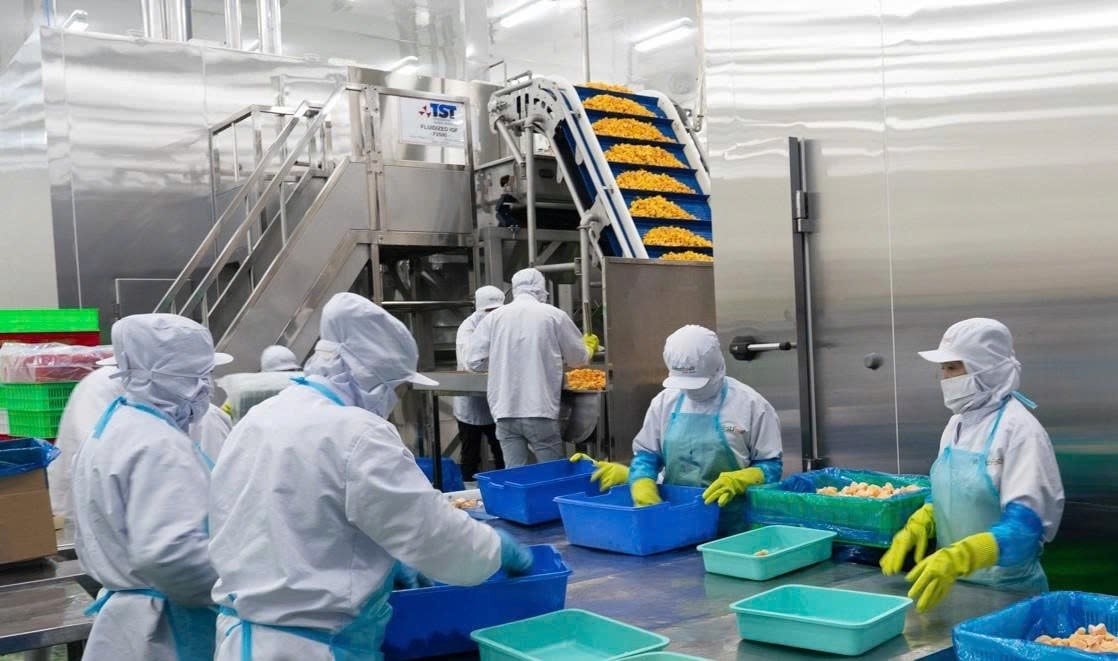
For sustainable production, raw material autonomy plays a vital role. Therefore, WestFood has developed its own farming areas and plans to expand its King MD2 pineapple plantation to 1,200 hectares by 2030. The establishment of the Hau Giang plant will further drive the company’s raw material development, not only for pineapple but also for other crops, while strengthening cooperation with local farmers. This linkage ensures stable production, minimizes price risks, and prevents the recurring “good harvest, low price” paradox.
According to Nguyen Van Hoa, Vice Chairman of the Can Tho City People’s Committee, the operation of WestFood Hau Giang will help increase budget revenues, boost the consumption of agricultural products from Can Tho and nearby provinces, enhance local competitiveness, and promote the global reputation of Vietnamese farm produce.
Following the merger of Can Tho, Hau Giang, and Soc Trang, the new Can Tho City now enjoys a broader development space with shared cultural and historical roots, forming a distinctive identity for the southwestern region. In the future, the Tran De Port in Soc Trang—strategically located near international shipping routes connecting Southeast Asia with the US, Europe, and East Asia—will help reduce pressure on Cat Lai Port in Ho Chi Minh City and lower logistics costs for Mekong Delta enterprises like WestFood.
With these advantages, Can Tho is poised to become the economic center of the Mekong Delta, and the WestFood Hau Giang project stands as a clear testament to that potential.
Looking ahead, Can Tho’s leadership expects WestFood Hau Giang to continue investing in technology, diversifying products, expanding markets, and increasing raw material areas. “The Mekong Delta is a key economic region, contributing about 95% of Vietnam’s rice exports, 65% of seafood output, and 70% of fruit exports. This abundant source of raw materials provides favorable conditions for the plant’s operations while helping form a closed agricultural supply chain that ensures stable output for hundreds of farming households,” said Vice Chairman Nguyen Van Hoa.
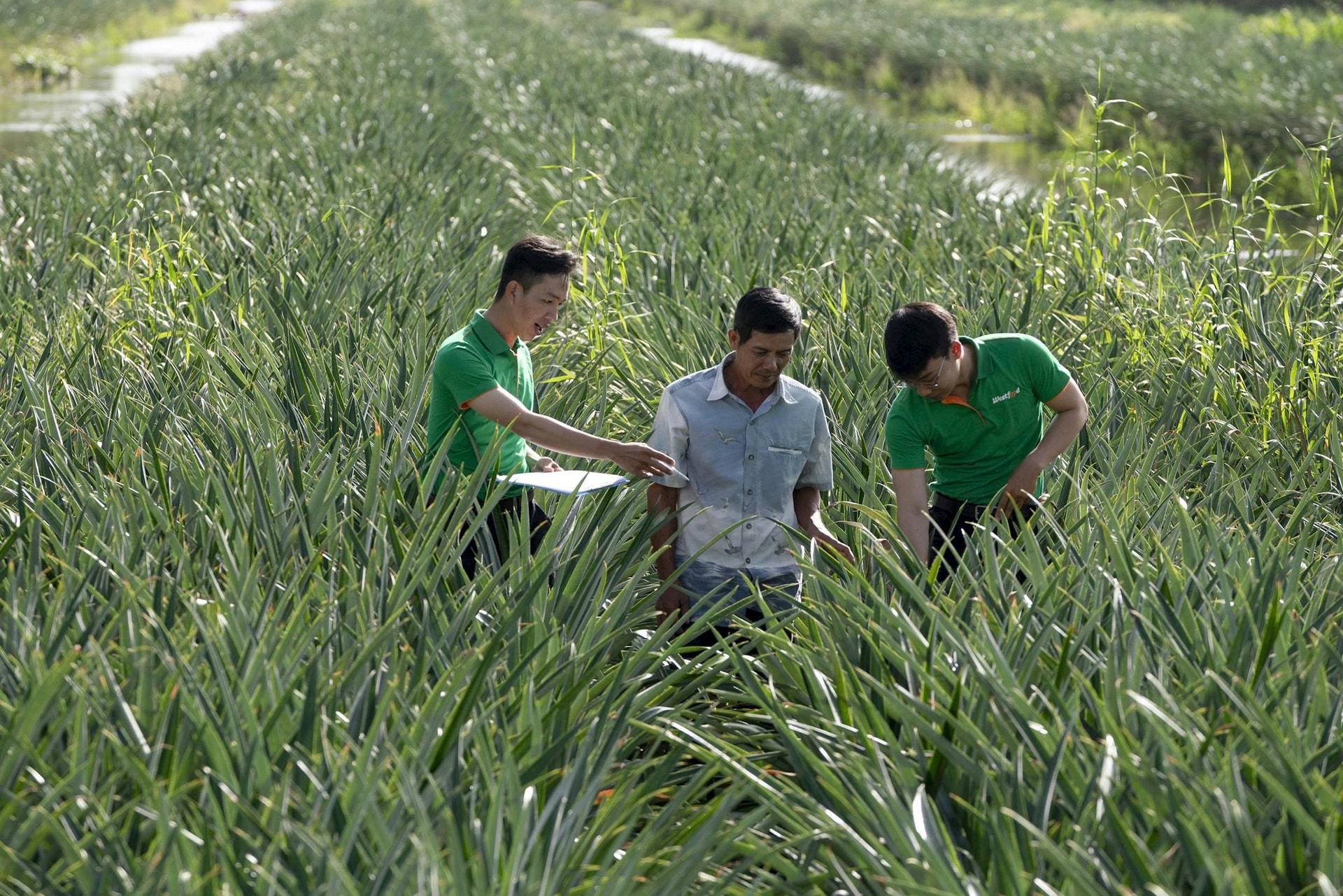
Nguyen Thi Minh Nguyet emphasized, “We want to lift Mekong Delta produce from farm to global dining tables.” She also expressed her appreciation for the leadership and agencies of the newly expanded Can Tho City for their support and favorable conditions that enabled the project’s completion.
The Can Tho City government reaffirmed its commitment to accompany and support businesses like WestFood Hau Giang, providing an open and favorable investment environment, assisting with administrative procedures, infrastructure, and incentives to ensure effective operations.
With strong cooperation among enterprises, farmers, and local authorities, Can Tho is steadily moving toward its vision of becoming a high-tech agricultural center—bringing Vietnamese agricultural products further into the world and affirming their place on the global map.

